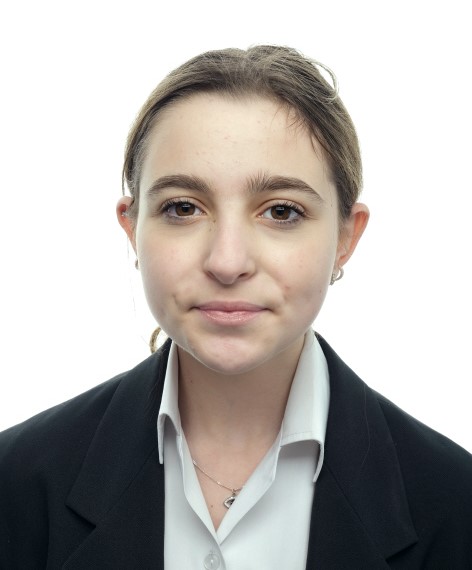
Youth

A holiday of contradictions
Shoshi Krasner, Grade 10, King David Linksfield
A holiday of contradictions
For thousands of years, Jews around the world have gathered around a seder table to tell the story of the exodus from Egypt, a story of struggle, faith, and ultimately redemption. But this year, as Israel remains at war with Hamas, the idea of Pesach feels more raw, urgent, and personal than ever. The holiday, which has always been about the journey from oppression to freedom, now holds the weight of an everyday struggle, one that echoes through every Jewish home in Israel and across the world.
Pesach is a holiday of contradictions – bitter herbs paired with sweet charoset, slavery followed by redemption, suffering with hope. This year, that contrast feels harsher than ever. The excitement of gathering for the seder is changed by the unbelievable reality that many families have empty seats at their tables – loved ones lost in battle, held hostage, or displaced by war.
Matzah, also known as the “bread of affliction”, is eaten to remind us of the suffering of our ancestors. But for many, affliction is no longer just a memory, rather a lived reality. The bitter herbs, meant to symbolise the hardship of slavery, are no longer just an ancient tradition but a reflection of the pain of people fighting for their lives.
Freedom is at the heart of Pesach, but what does freedom mean when rockets fall out of the sky? What does it mean when hostages remain in captivity, when entire communities have been broken, when many hear wailing sirens from outside their bomb shelter? This year, the word “freedom” has a completely different meaning.
For Israelis and Jews, freedom isn’t just an idea, but something fought for every day. It’s the ability to walk outside without fear, to send children to school without worrying whether they will come home, to live without the constant fear of violence.
This year, the act of sitting down at the seder table feels like an act of defiance. It’s a declaration that Jewish life will continue and that despite war and terror, tradition will be upheld and families will gather. In bomb shelters, army bases, and households, Jews will tell the story of our ancestors, knowing that our own struggle is far from over.
This Pesach, we won’t just be opening our doors for Eliyahu, but also to the hope of peace. At the end of the seder, “Next year in Jerusalem” will ring with a new meaning, expressing a longing for a Jerusalem that’s whole, at peace, and unafraid.










